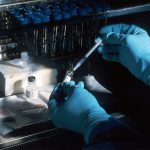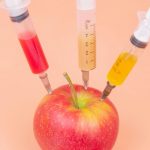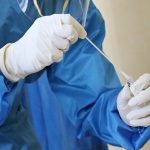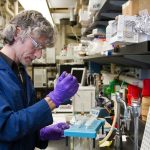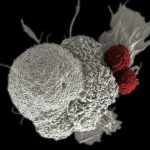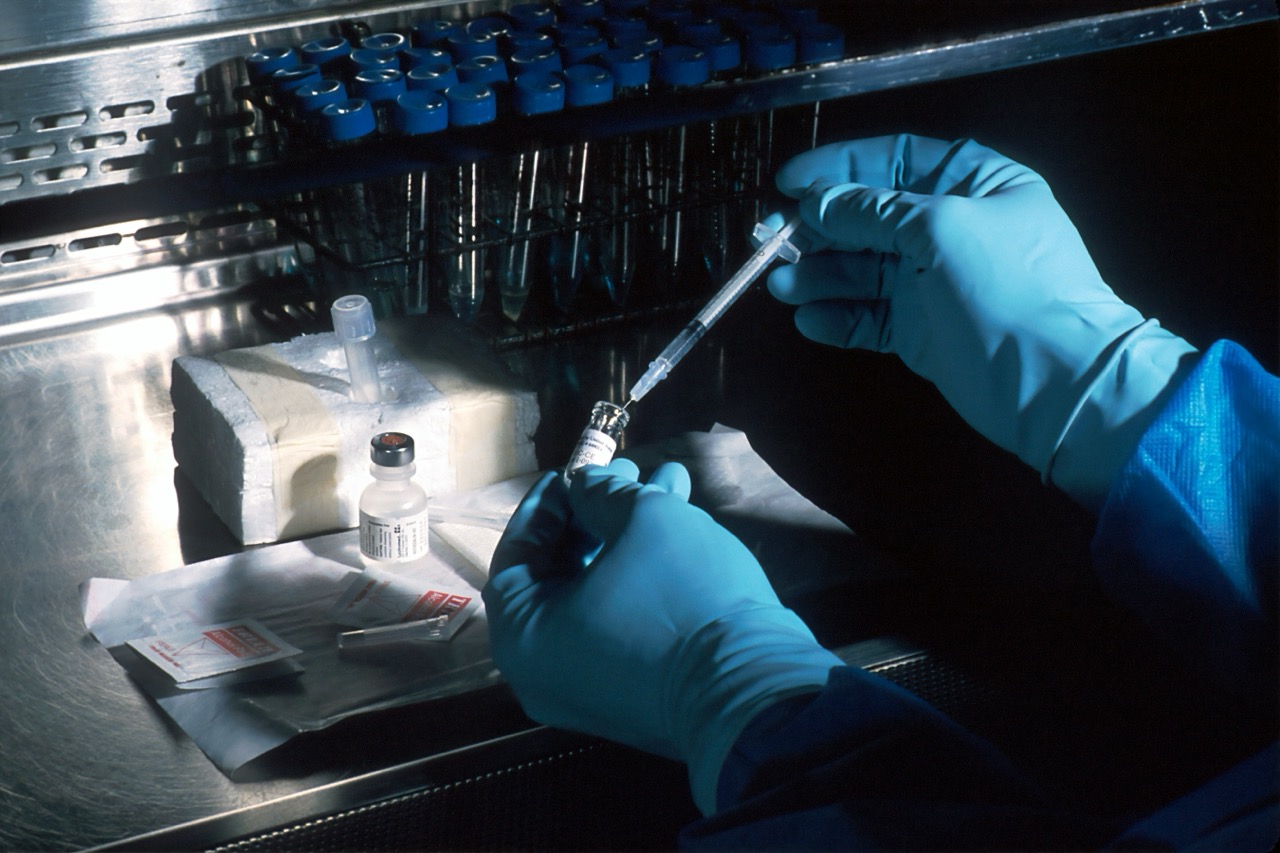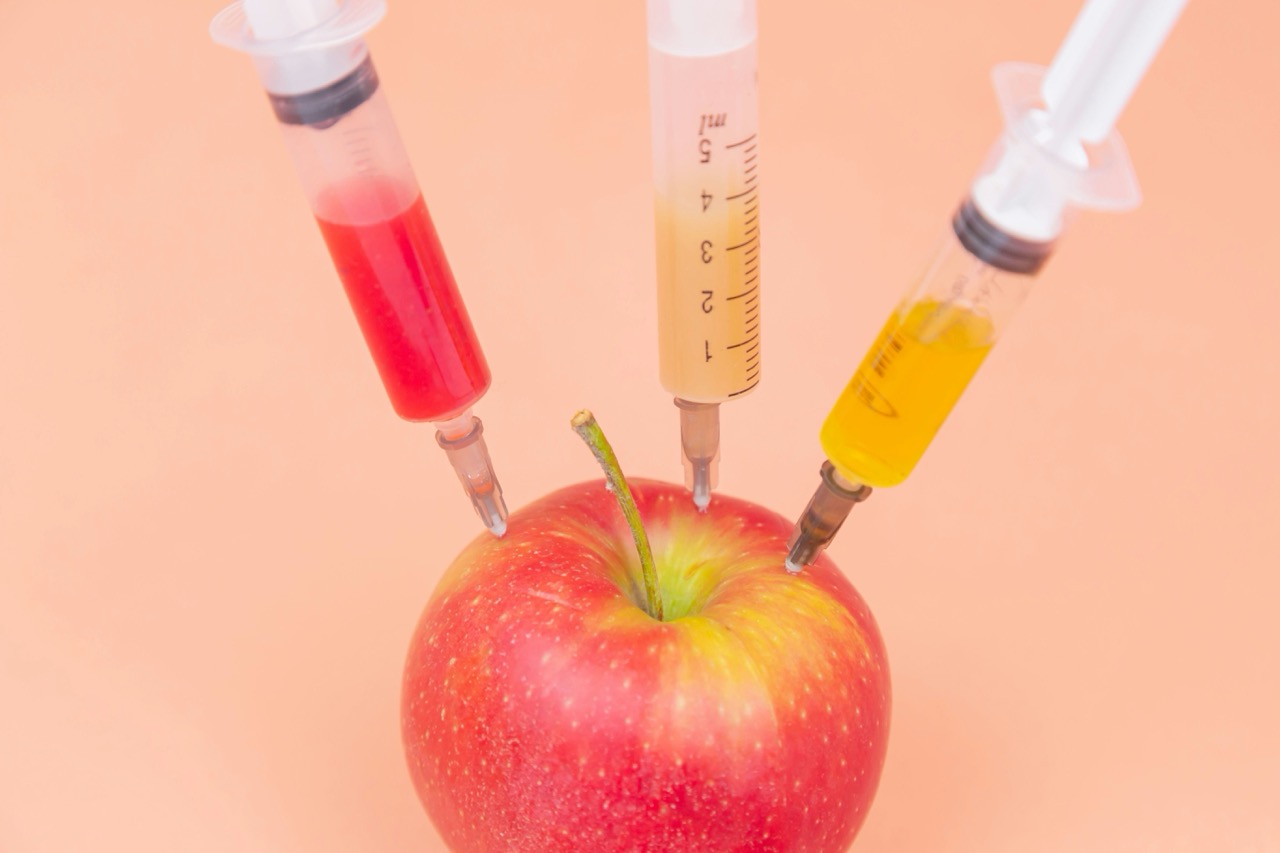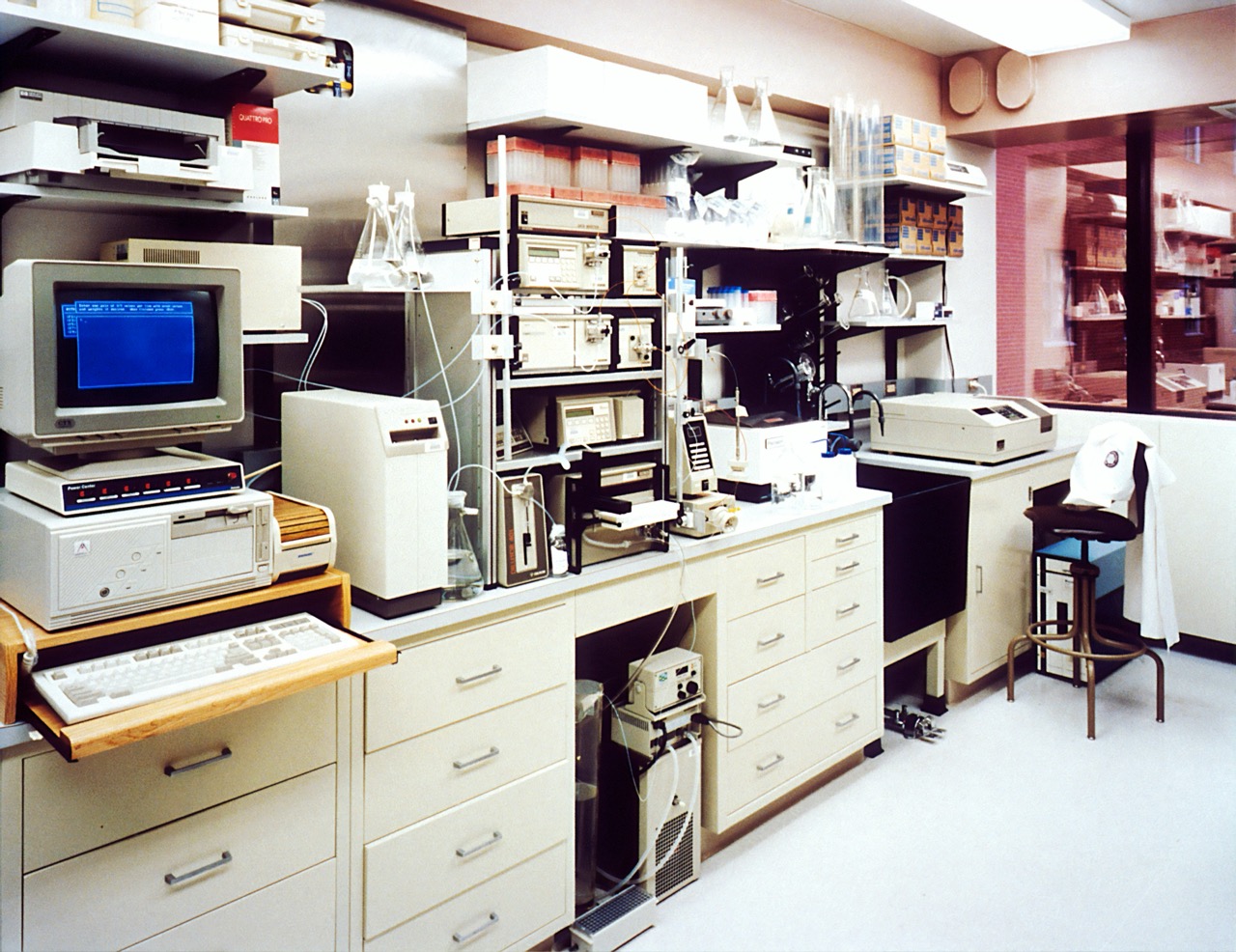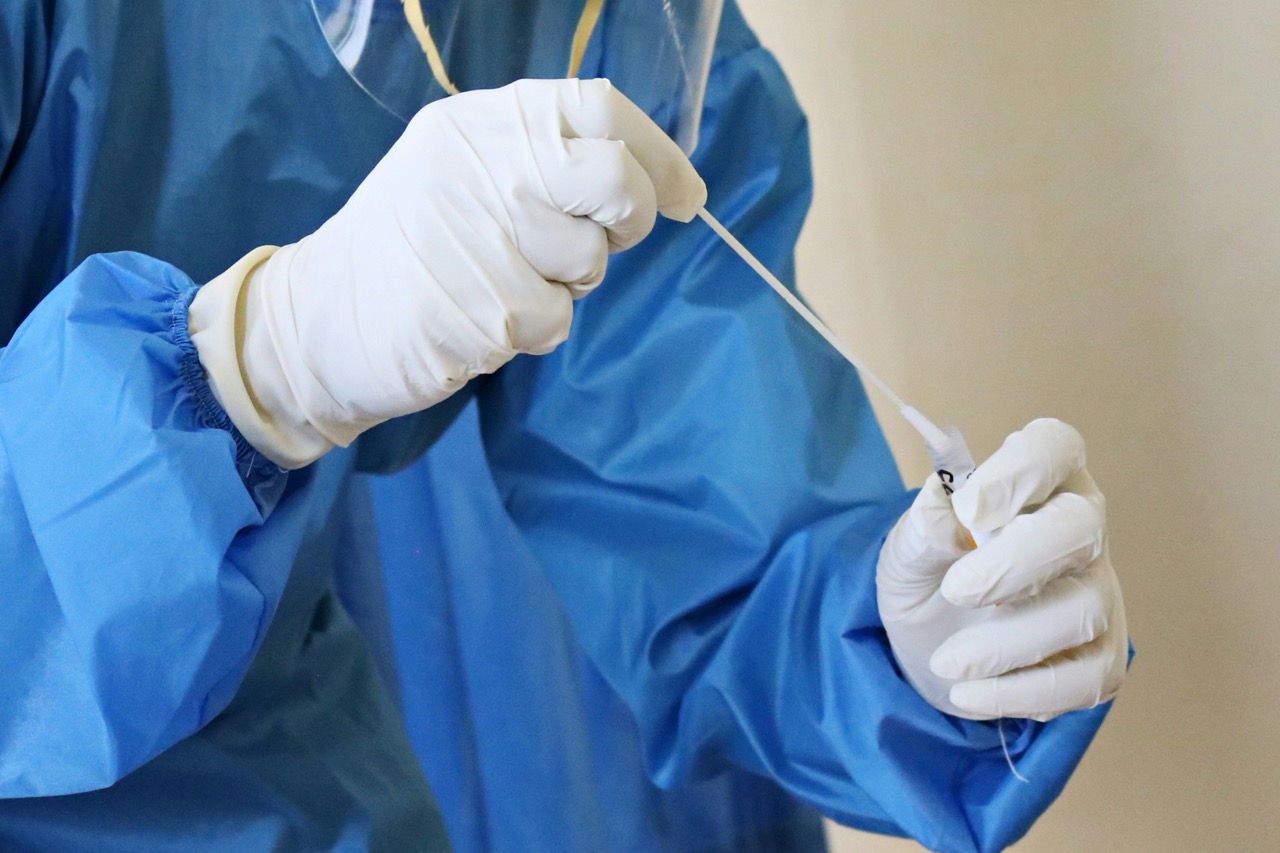Sexually transmitted diseases (STDs) are a significant public health concern worldwide, affecting millions of individuals each year. Traditional medical treatments, including antibiotics and antiviral medications, have been the mainstay in managing these infections. However, there is a growing interest in exploring natural remedies as adjuncts to conventional treatments. This article delves into the potential role of natural remedies in the management and prevention of STDs, evaluating both their effectiveness and scientific backing.
Understanding STDs: An Overview of Common Types
Sexually transmitted diseases encompass a range of infections that are primarily spread through sexual contact. Common types include gonorrhea, chlamydia, syphilis, herpes, and human immunodeficiency virus (HIV). Each of these infections presents unique symptoms and potential long-term health complications, such as infertility, chronic pain, and increased vulnerability to other infections. Understanding the nature of these diseases is crucial for the effective management and treatment of affected individuals.
The transmission routes for STDs vary, with some, like HIV, primarily spread through bodily fluids, while others, such as herpes, can be transmitted through skin-to-skin contact. Preventive measures, including safe sex practices and regular screenings, are essential in mitigating the spread of these infections. Awareness of the common types of STDs and their implications fosters a proactive approach to sexual health.
The Role of Natural Remedies in Health Care Practices
Natural remedies have been utilized for centuries across various cultures as treatments for a multitude of health conditions. These remedies often involve the use of herbs, plant extracts, vitamins, and minerals believed to possess healing properties. In contemporary health care, there is renewed interest in integrating these natural approaches into standard treatment protocols, particularly in areas where pharmaceutical options may be limited or associated with adverse effects.
In the context of STDs, natural remedies are often sought for their potential to alleviate symptoms, enhance the immune response, and support overall well-being. While some individuals may turn to these alternatives due to personal beliefs or dissatisfaction with conventional treatments, it is essential to critically evaluate their efficacy and safety.
Evaluating the Efficacy of Herbal Treatments for STDs
Herbal treatments have garnered attention as potential options for managing STDs, with various plants and extracts being studied for their antiviral, antibacterial, and antifungal properties. For instance, some herbs, such as garlic and echinacea, are believed to enhance the immune response, while others may exhibit antimicrobial effects that could be beneficial in preventing or alleviating STDs.
Despite the historical use of these remedies, rigorous scientific evaluations are necessary to establish their efficacy. Many herbal compounds lack substantial clinical data, making it difficult to recommend them as standalone treatments. Therefore, understanding the specific mechanisms of action and potential benefits of these natural remedies is pivotal in determining their role in STD management.
Scientific Evidence Supporting Natural Remedies for STDs
The scientific literature regarding natural remedies for STDs is limited, with many studies focusing on specific herbs or compounds rather than comprehensive reviews of their effects. Preliminary research has shown promising results for certain natural substances, such as tea tree oil, which has demonstrated efficacy against specific pathogens in vitro. However, translating these findings into clinical practice requires further investigation through well-designed studies involving human participants.
Moreover, it is essential to differentiate between anecdotal evidence and scientifically validated results. While numerous testimonials exist regarding the benefits of various natural remedies for STDs, such claims are often unsubstantiated by rigorous clinical evidence. Consequently, further research is essential to provide a clearer understanding of the potential role and effectiveness of natural remedies in treating and managing STDs.
Commonly Used Natural Substances in STD Management
Several natural substances have gained popularity in the context of STD management. Among these, garlic has been recognized for its antimicrobial properties, attributed to its active compound, allicin. Studies suggest that garlic may inhibit the growth of certain bacteria and viruses, making it a candidate for adjunctive therapy in some STDs. Similarly, honey, known for its wound-healing properties and antimicrobial effects, is often cited in alternative treatment discussions.
Other commonly mentioned substances include goldenseal, which contains berberine, and is believed to possess antibacterial and antifungal properties, and neem, a tree whose leaves have been used in traditional medicine for their antiseptic qualities. Despite the potential benefits of these substances, it is crucial to approach their use with caution and to consider the variability in individual responses and the quality of available products.
Safety Considerations with Natural Remedies for STDs
While many natural remedies are perceived as safe alternatives to conventional medicine, it is important to recognize that they can also pose risks. Herbal treatments are not universally regulated, leading to potential issues related to purity, potency, and proper dosing. Furthermore, individuals may experience allergic reactions, drug interactions, or adverse effects depending on their health status and concurrent medications.
It is also essential to consider that relying solely on natural remedies without appropriate medical supervision may delay necessary treatment for STDs, potentially leading to worsened health outcomes. Therefore, individuals should be encouraged to discuss any use of natural remedies with their healthcare provider to ensure safe and informed decision-making.
Limitations of Natural Treatments for Sexually Transmitted Diseases
Despite the interest in natural remedies, there are notable limitations to their use in managing STDs. One significant concern is the lack of standardized dosages and formulations, which can lead to inconsistent results and unreliable outcomes. Additionally, many natural remedies have not undergone rigorous clinical trials, raising questions about their efficacy compared to established medical treatments.
Moreover, the delayed treatment of STDs can lead to severe complications, including chronic health issues and increased transmission rates. While natural remedies may offer complementary support, they should not replace conventional therapies, particularly in cases of serious infections. It is crucial for patients to understand these limitations when considering their treatment options.
Integrative Approaches: Combining Conventional and Natural Care
An integrative approach to health care, which combines the best of conventional medicine and natural remedies, may provide a more comprehensive strategy for managing STDs. This approach involves collaboration between healthcare providers and patients to create individualized treatment plans that incorporate both medical interventions and supportive natural therapies.
Such integrative practices can empower patients to take an active role in their health, addressing both the physical and emotional aspects of living with STDs. This method may also enhance overall treatment outcomes, as patients may experience improved symptom management and reduced anxiety when combining conventional treatments with supportive natural strategies.
Importance of Consulting Healthcare Professionals for STDs
Consulting healthcare professionals is paramount when addressing STDs. Medical experts can provide accurate diagnoses, recommend evidence-based treatments, and monitor progress to ensure the best possible outcomes. Additionally, professionals can offer guidance on the safe use of natural remedies, helping patients navigate the complexities of treatment options.
Healthcare providers can also educate patients on the significance of regular screenings and preventive measures, empowering individuals to take charge of their sexual health. A collaborative approach fosters a supportive environment, enabling patients to discuss their preferences and concerns openly while receiving appropriate medical advice.
Preventive Measures: Natural Ways to Reduce STD Risks
Preventive measures play a crucial role in reducing the risk of contracting STDs, and some natural approaches can be integrated into these strategies. Practices such as maintaining a healthy diet rich in fruits and vegetables, engaging in regular exercise, and managing stress can bolster the immune system, potentially enhancing the body’s defenses against infections.
Moreover, natural barriers to infection, such as the use of condoms, remain the most effective means of preventing STD transmission. Education regarding safe sexual practices and regular health screenings are critical components in any prevention strategy, ensuring individuals remain informed and proactive in their sexual health.
Future Research Directions on Natural Remedies for STDs
Future research is needed to explore the role of natural remedies in the management of STDs more comprehensively. Studies should focus on identifying specific natural compounds with therapeutic potential, assessing their efficacy through rigorous clinical trials, and examining their safety profiles. Furthermore, research could evaluate the mechanisms through which these natural remedies exert their effects, providing valuable insights into their applicability in clinical practice.
Investigating the potential synergistic effects of combining natural remedies with conventional treatments could also yield important findings. Such research has the potential to expand treatment options for patients and may contribute to more holistic care approaches in managing STDs.
In conclusion, while natural remedies for STDs may offer some benefits, they should not be viewed as standalone treatments. The available scientific evidence is limited, and the efficacy and safety of these remedies require careful consideration. An integrative approach that combines conventional treatments with supportive natural therapies may provide a more comprehensive strategy for managing STDs. Most importantly, individuals should always consult healthcare professionals to ensure safe and effective treatment tailored to their unique needs.
